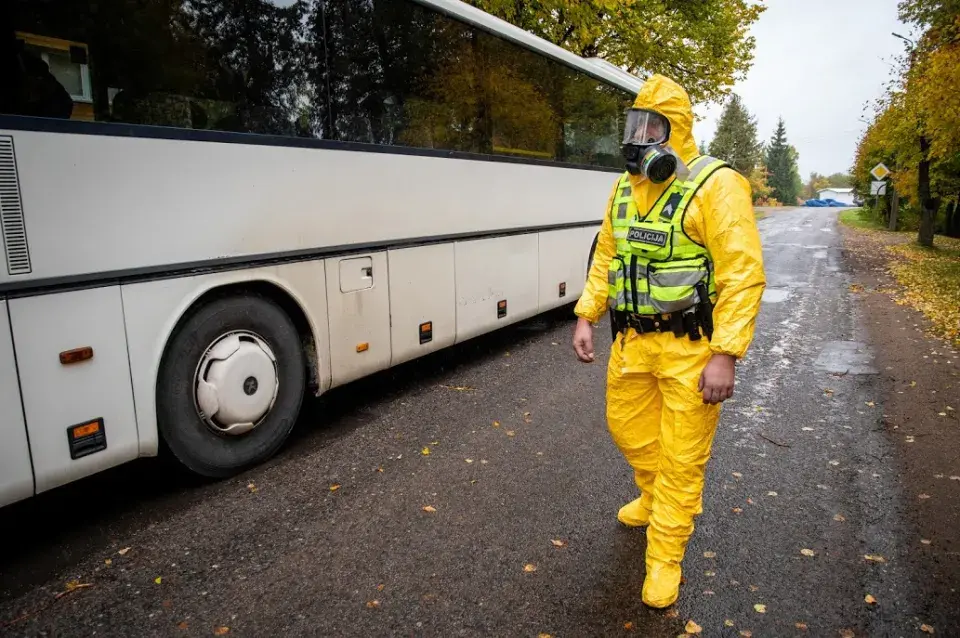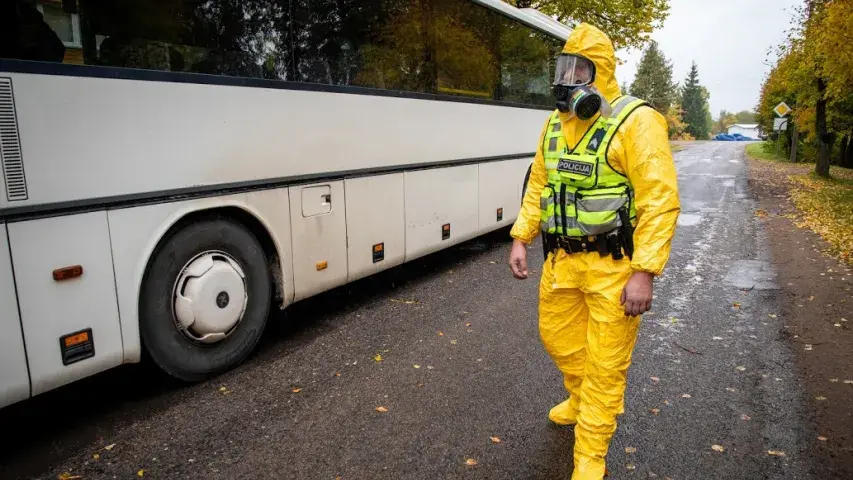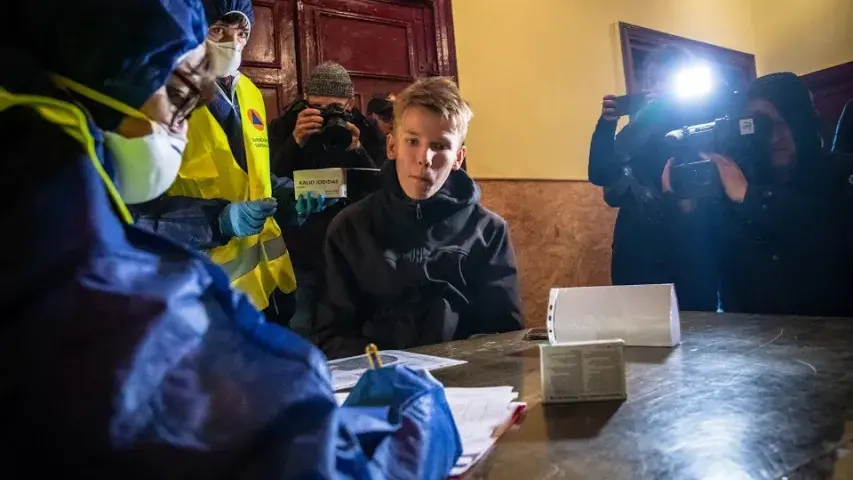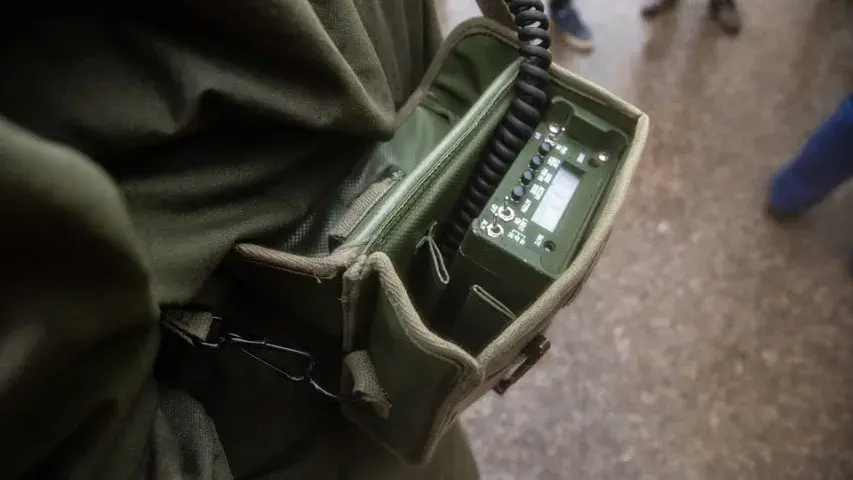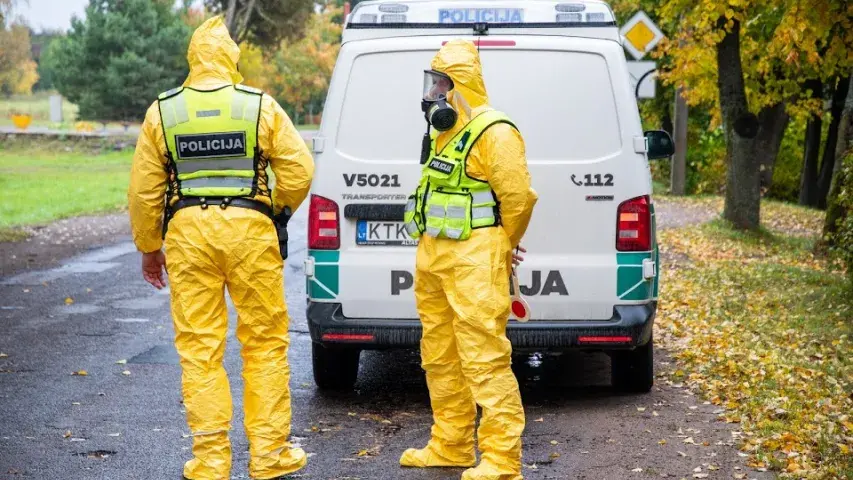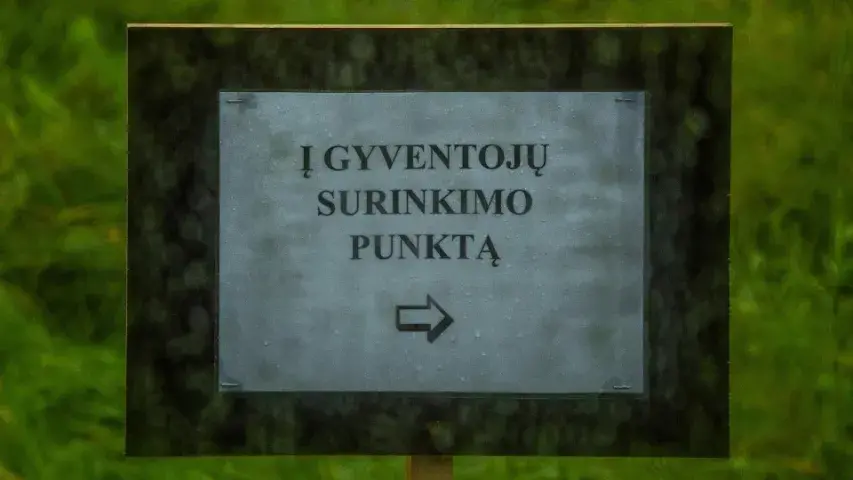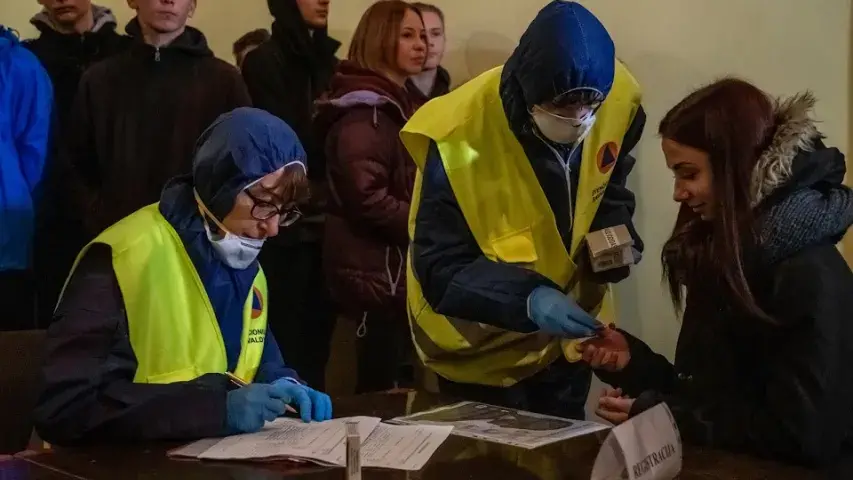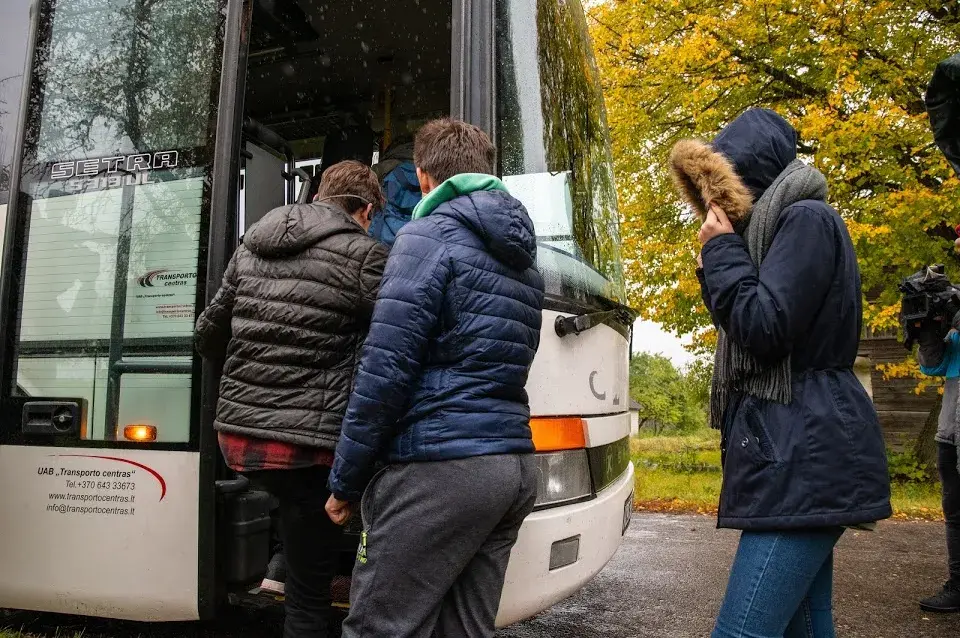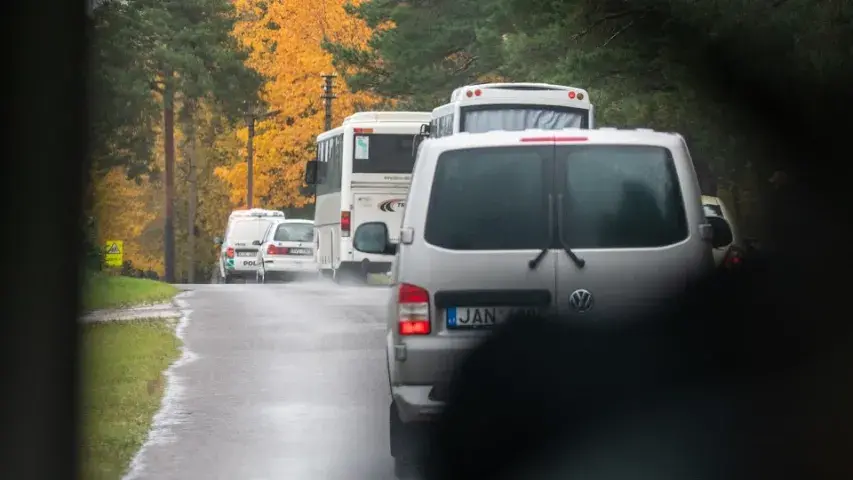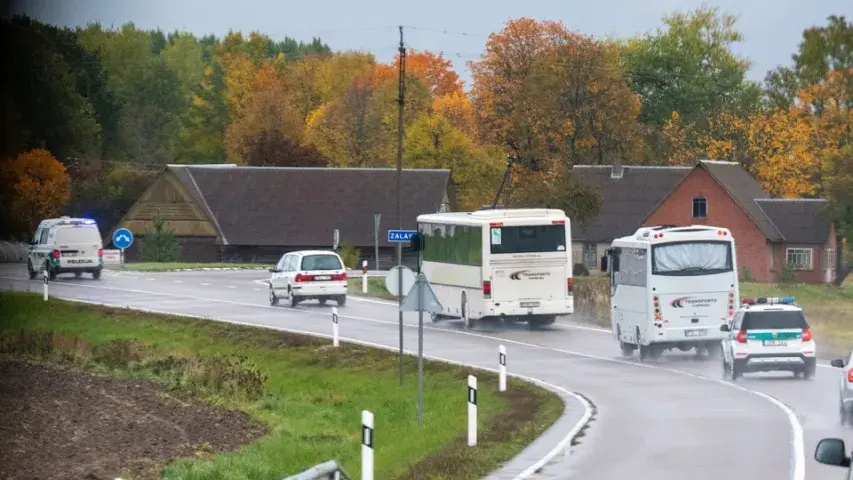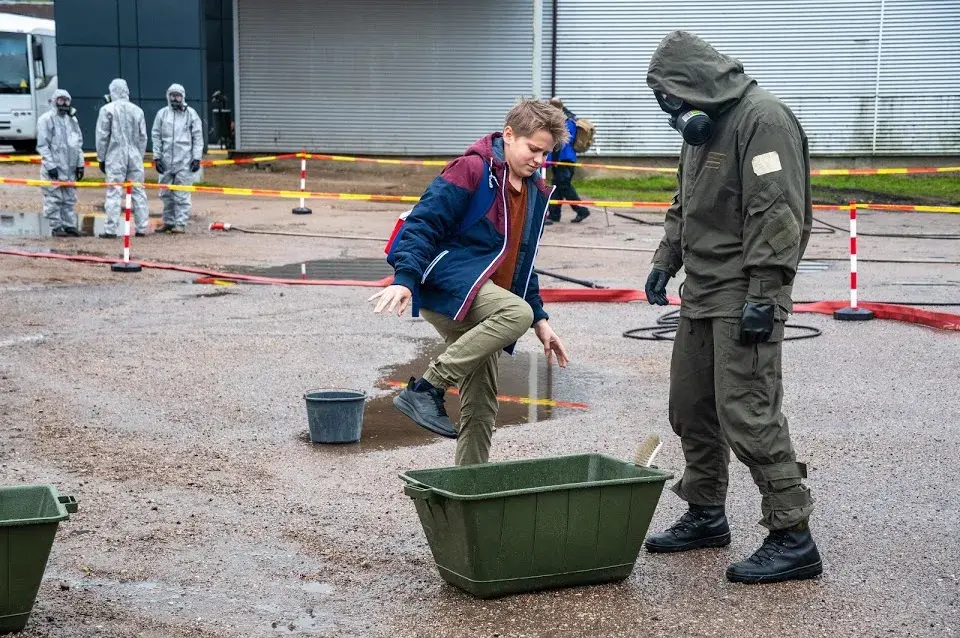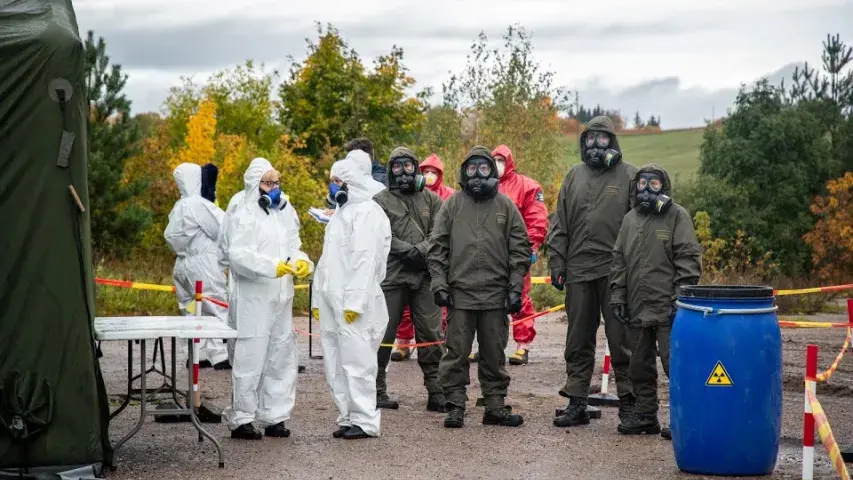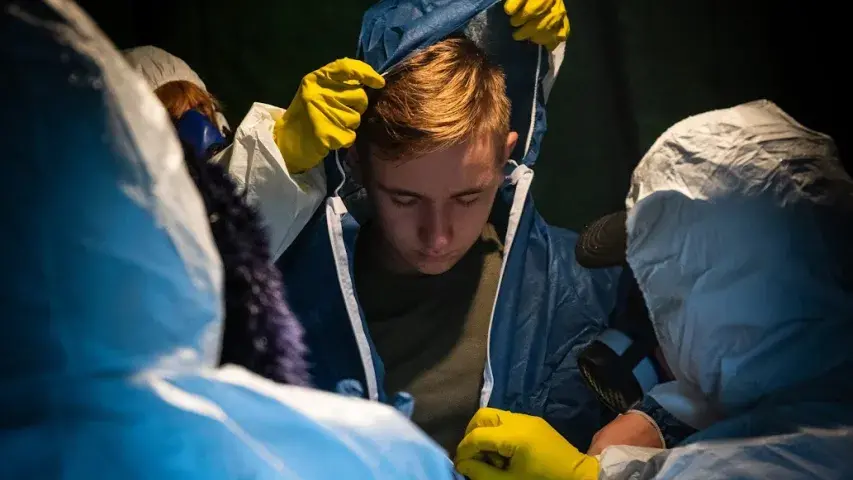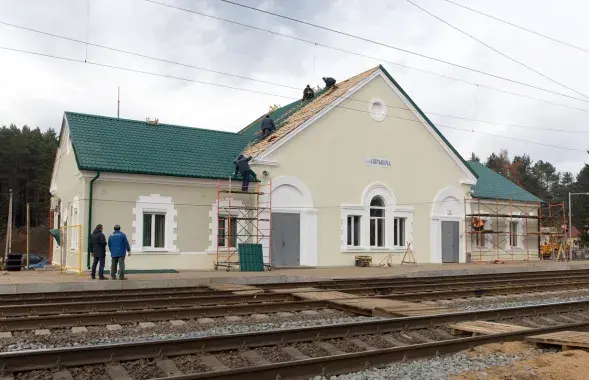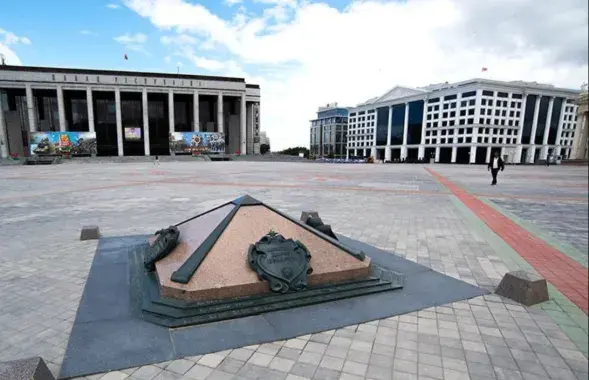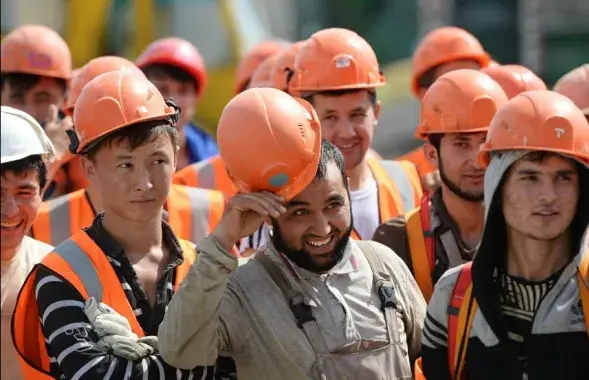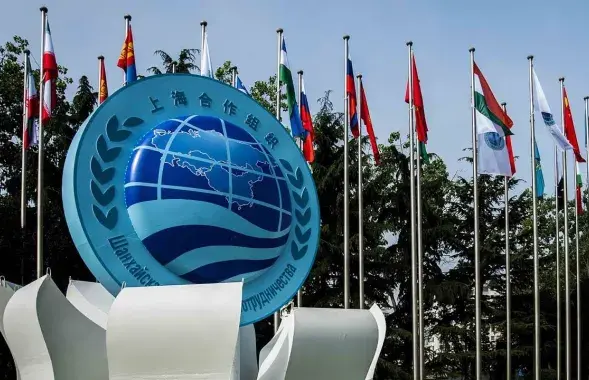Lithuania prepares for potential BelNPP accident
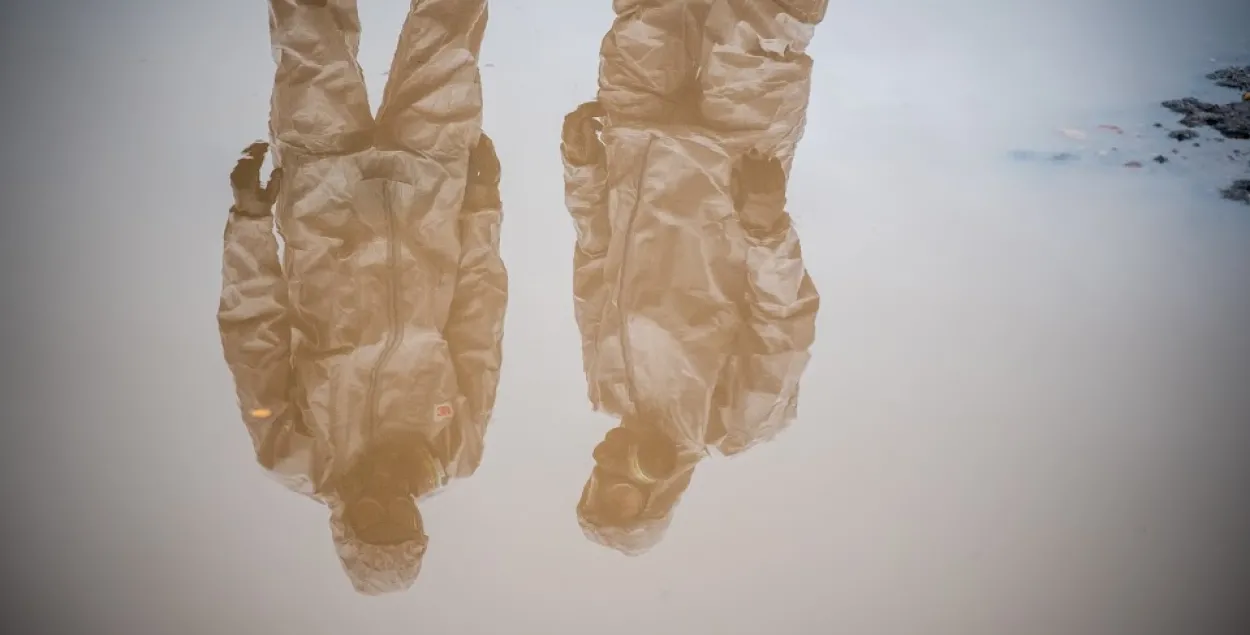
Evacuators / here and further photos by Raman Protasevich, Euroradio
The Lithuanian village of Magunai located near the nuclear power plant is evacuating the population. The local administration building is full of people. Residents give their names, answer medical questions and receive iodine pills.
Ordinary citizens are not allowed to enter the village. Scientists in chemical protection suits measure the radiation background. The police and the military put treated people in buses. The sight looks like the Chernobyl series.
The distance from Magunai to Vilnius - the capital of Lithuania - is about 40 kilometers.
"We opted for the worst-case scenario in which Lithuania does not know exactly what happened. The devices working at the border show a high level of contamination," says Lithuanian Interior Ministry public relations specialist Renata Remekaite. "Of course, we are imitating it, but in reality the wind would blow towards the village and on to Vilnius".
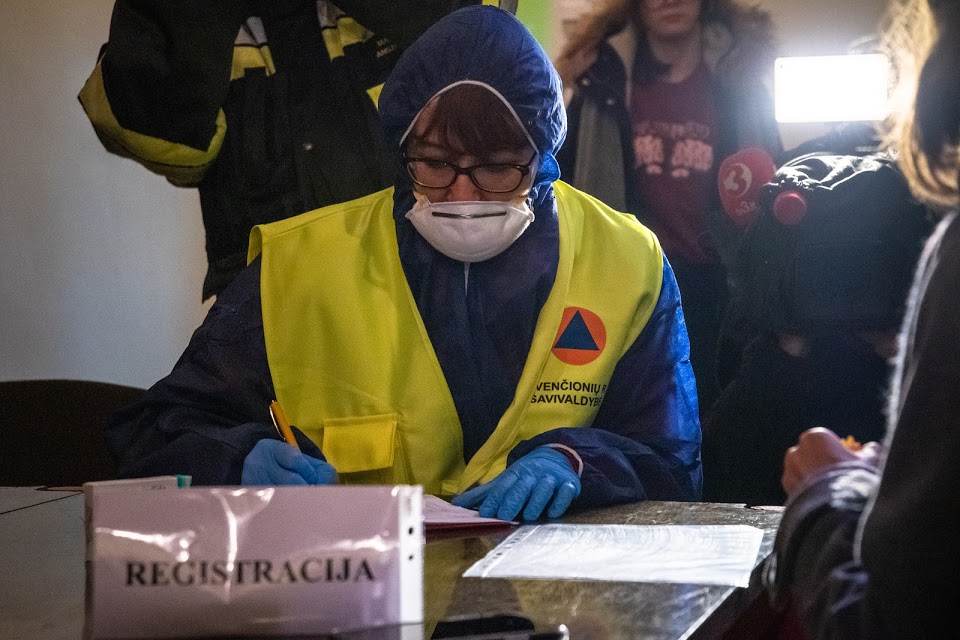
According to the scenario, Lithuanian scientists notice the increase in the radiation background in the 30 km border zone, while the official Minsk has no statements or reports about the accident at the Belarusian nuclear power plant. Sirens all over Lithuania warn people of radiation danger. Residents receive emergency messages on their mobile phones. Evacuation begins.
Local schoolchildren play the role of "evacuees". Instead of iodine pills, they are given regular candy. While unwrapping them, children tell each other how to behave in the face of radiation hazards.
Everyone takes the exercise very seriously. The media actively write about it and the context in which they it is conducted. Leaflets with recommendations on what to do in case of a nuclear explosion are put into the mailboxes.
The registration of Magunai residents is over, and buses accompanied by police cars take to the highway. People are brought to the east of Lithuania, to the city of Švenčionys about 85 kilometers from Vilnius.
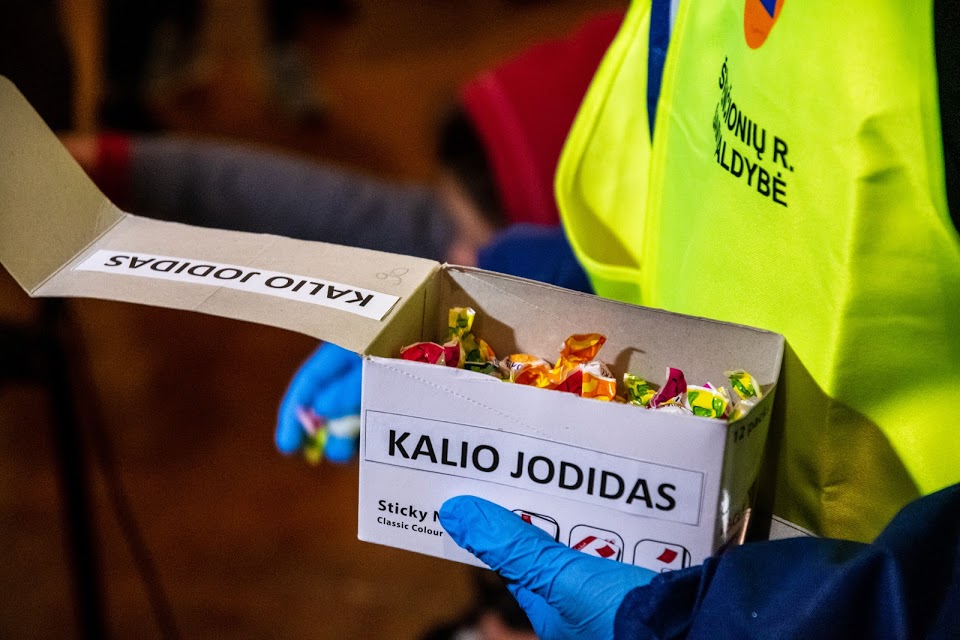
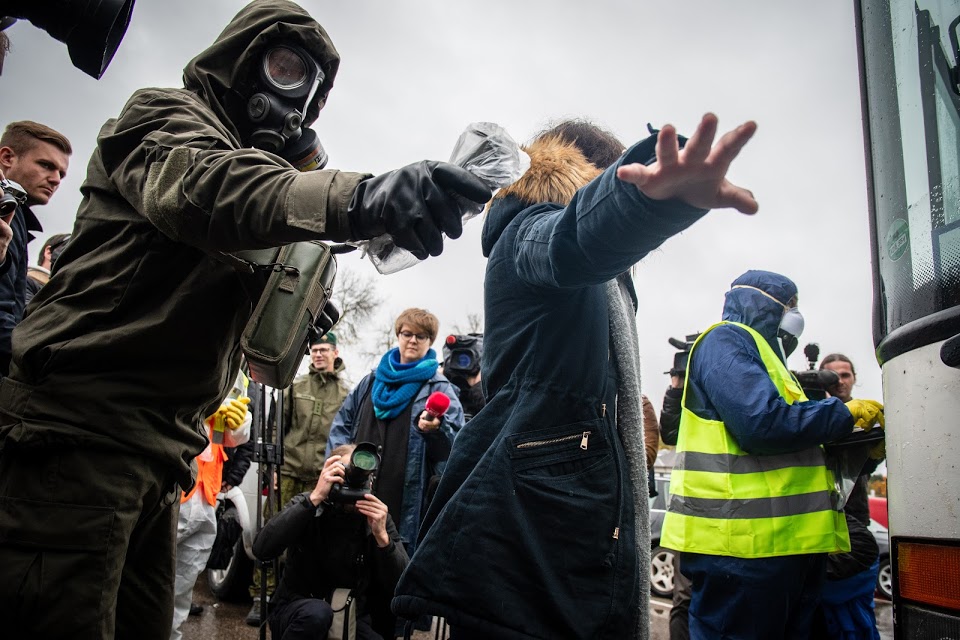
One of the volunteers, a schoolboy called Edwin, tells Euroradio that he agreed to participate in the exercise because it was interesting. He doesn't believe that an accident at a nuclear power plant is really possible.
"We know what is being built in Astravets, but I am not afraid," says the boy. "Thanks to modern technologies, the Chernobyl accident will not happen again".
But Edwin adds that there are many people in his country who are afraid of the BelNPP launch. Many are aware of the consequences of the Chernobyl disaster.
A police siren sounds all the way to Švenčionys. The oncoming cars pull over and stop to let the vehicles from the "polluted" territory through. The journey takes less than an hour.
In Švenčionys we have tents where shoes and clothes are processed. Scientists measure pollution and give people some other clothes.
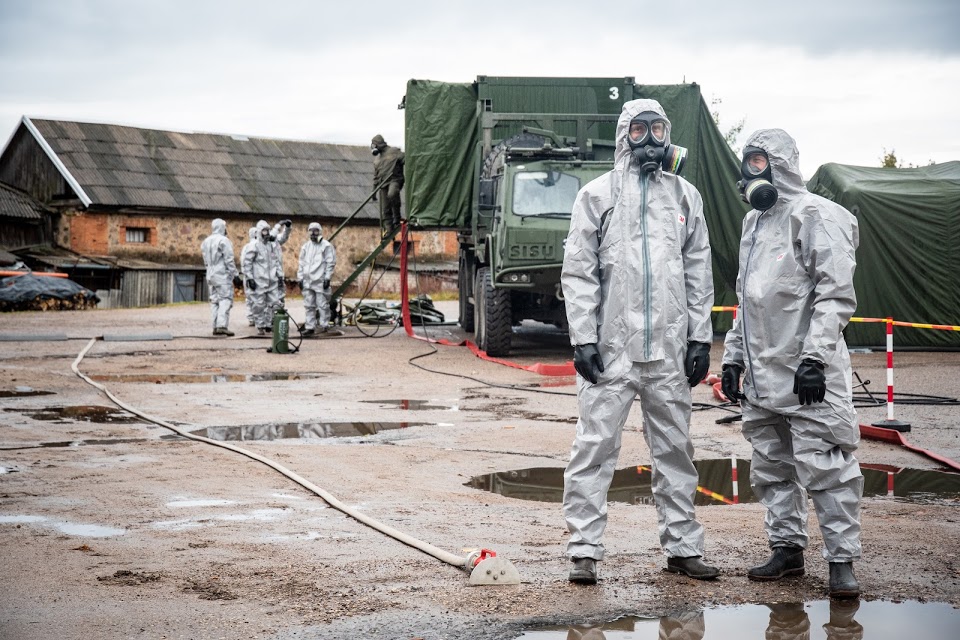
An elderly man is watching what is happening. In a conversation with Euroradio, Viktoras says that many people in Lithuania admit the possibility of an explosion at the Astravets station. He said:
"A lot depends on the staff who will work there. This is a dangerous business. Everyone wants to live... This [the explosion at the Chernobyl nuclear power plant in 1986. - Euroradio] should not have been allowed to happen".
Viktoras recalls that Ignalina NPP worked in Lithuania, "but it all worked out". The plant was later shut down before Lithuania joined the European Union.
Dainius Gaizauskas, the head of the parliamentary committee on national security of Lithuania, told Euroradio that the Lithuanian Seimas had taken and still is taking a stand against the construction of BelNPP and has not changed its position so far. The Lithuanian leadership was informed that several emergencies occurred during the construction of the plant. Because of this, the NPP is perceived twice as dangerous.
"The Republic of Lithuania will never agree to the launch of the plant. The construction and operation of the plant are already illegitimate," says Dainius Gaizauskas. "Knowing about the incidents during construction and attempts to hide them, Lithuania will do everything against the launch. And if Belarus ignores international requirements and the plant starts working, it is our duty to be prepared".
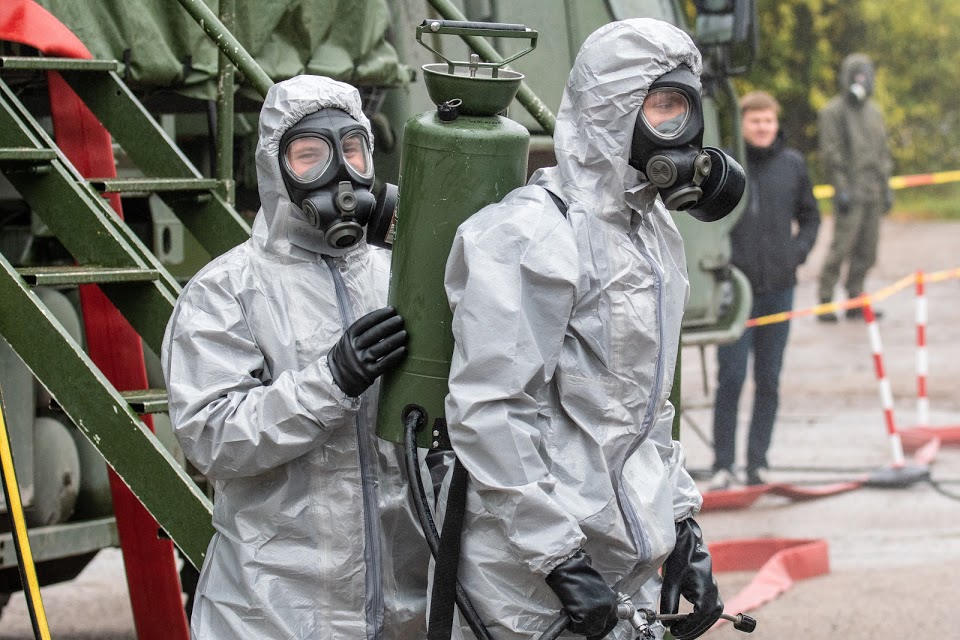
Ten years ago, when it was decided to build a nuclear power plant in Astravets, Belarusian officials expected to sell electricity to all neighboring countries. Now, listening to the Lithuanians, one may wonder what is likely to happen in the future: that Lithuania will change its position and start buying electricity from BelNPP or a real evacuation of the village of Magunai and other surroundings of the plant?
